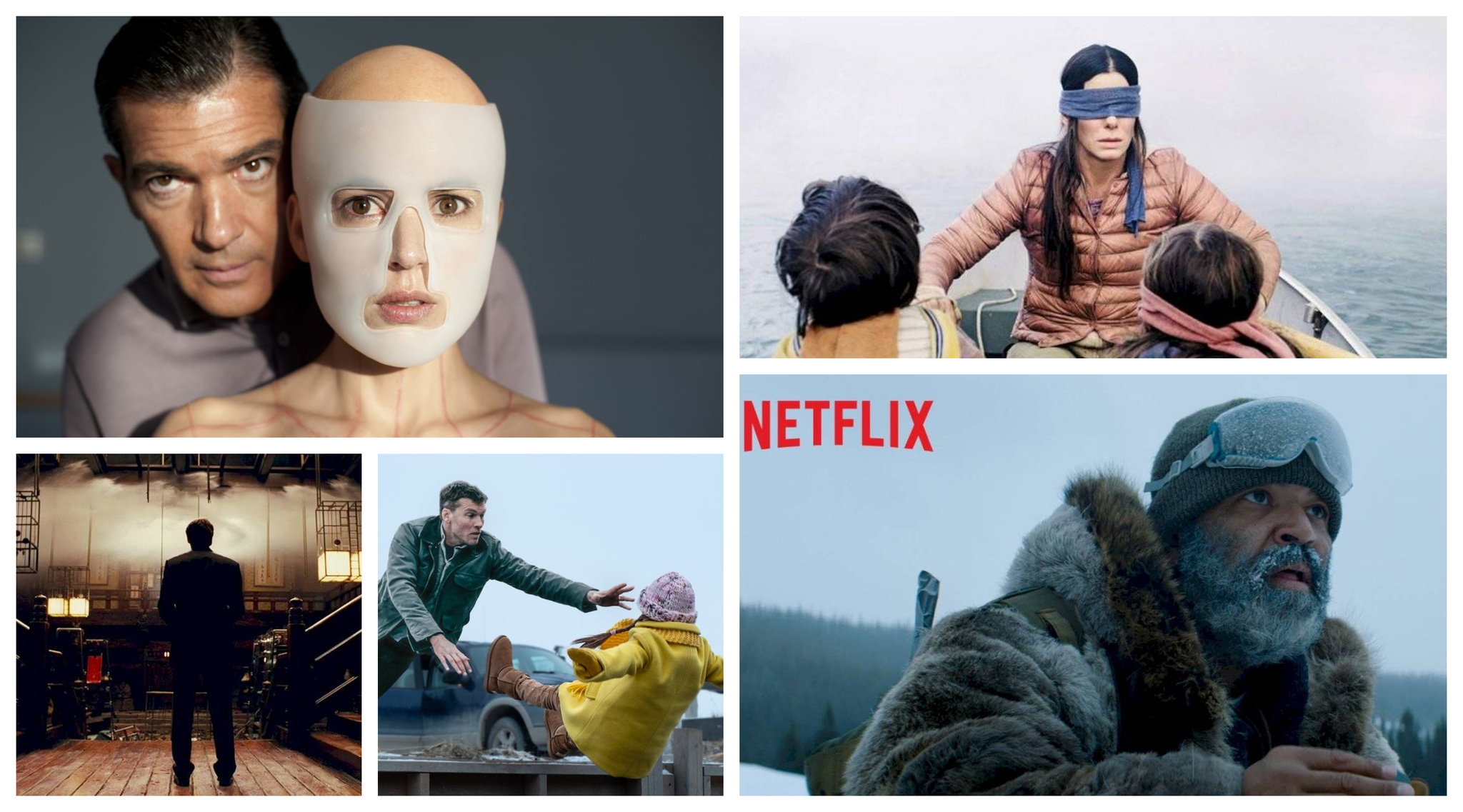
The goal of these briefly discussed legal topics is to achieve a comprehensive knowledge of the relevant law and legal practice relevant to this subject area. The history and the legal framework of copyright will be analysed within the same section.

As a result, it must be discussed in general terms what is understood under the concept of Intellectual Property and what is the justification of its existence. The first chapter of this dissertation will analyse the complex legal factors involved in the subject of this dissertation. Under the scope of this work, the analysis will focus upon the most relevant legal cases within this subject matter which have contributed to modify and even to create a new legal doctrine and law regarding copyright provoked by copyright infringement within the P2P networks and the file-sharing software. It is not the purpose of this dissertation to balance a theoretical debate among these parties.

According to Davies (2009)3 the music industry is a major cultural and economic force in the UK, accounting for more than ‘£3.3 billion in economic activity (measured by Gross Value Added), 28,300 businesses and 257,200 direct and related jobs’. The music and film industry are normally the main actors defending a further protection and enforcement of copyright, this fact can be seen throughout this work, the economic reasons which lead them to take that position are more than obvious. Others maintain that the interest of right-holders should be weighed against the interest of society as a whole and that is important that access to digital material is not unduly restricted by stringent copyright legislation and various technological protection measures.

Legal uncertainty is ever present in the current digital era, where many argue that P2P networks have made illegal copying more widespread than ever before and so call for stricter enforcement of existing copyright legislation and the introduction of new legal measures to fight copyright piracy. According to Larusson (2009) the expansion has been sporadic and changes tend to be made on an ad hoc basis, ‘which has led to considerable uncertainty in this field’.
#Reproducir peliculas con gigatribe plus#
As with intellectual property rights in general, copyright has expanded over time, in terms of the types of works which enjoy copyright protection (from books to music, sculptures, films, software.), the scope of copyright protection (from protection against copying to protection against adaptation, performance, renting, distribution, communication.) and the time copyright protection lasts (from 14-28 years in 1710 to the author’s life, plus 70 years in most cases in 2007)2.
#Reproducir peliculas con gigatribe software#
The birth of P2P networks and file-sharing software has supposedly been one of the most interesting revolutions in the law at a global scale. It further allows for the making of exact copies of the digital original in a fast and cheap manner, ‘thus enabling individuals to copy and distribute copyright material on a quantitative and qualitative scale previously only available to commercial operators (Larusson 2009)1’.

Digital technology particularly reduces production and transaction cost and provides authors, right-holders and users with a wide range of new means to create market and share content, means which old media, such as books, vinyl records and video tapes do not offer. The development of technology and its use on the internet has revolutionised the way in which various Intellectual Property rights specially copyright material is created, captured, stored, copied and distributed.


 0 kommentar(er)
0 kommentar(er)
